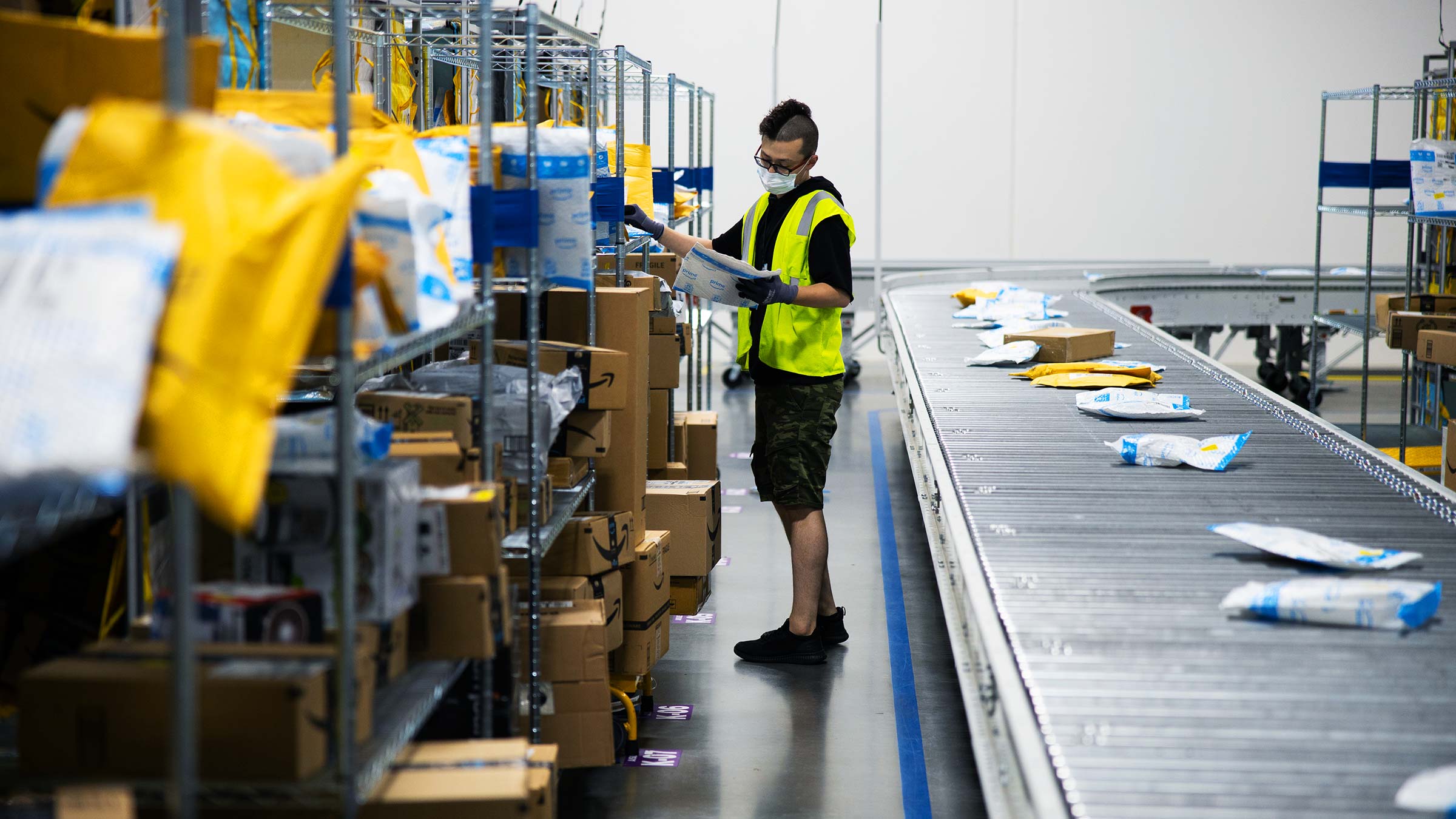In July last year, a Manchester restaurant made headlines after receiving nearly 1,000 applications in 24 hours for a receptionist role. The pandemic had led to a scramble for work and the number of people looking for jobs far outweighed the job openings on offer. Nearly a year later, and the situation looks quite different: vacancies in hospitality are skyrocketing. The sector is already faced with a significant shortage of labour and we’re not even yet fully reopened!
Much has been written about the reasons for this. Over the past few years, we’ve seen the gradual leak of labour from the hospitality sector to adjacent sectors, including social care and tech giants like Amazon, as employees seek better pay and less unsociable hours. Unsurprisingly, Brexit has also had a significant impact. After historically relying on European labour, the hospitality sector is now facing a sharp reduction in workers from the EU. In the first quarter of 2021, for example, EU workers made up 35% of new starters in hospitality, down from nearly half (49%) at the beginning of 2019.
Over the past year, of course, Covid-19 has ravaged the hospitality sector, amplifying these existing long-term trends. Figures from the Office of National Statistics show that 340,000 pay-rolled employees left the accommodation and food services sector between January 2020 and February 2021 as businesses cut jobs and streamlined operations, employees took up roles in other industries, and EU citizens returned to their home countries.
Certainly, this labour crunch is being felt most intensely in London and other big cities. Not only did the large metropolitan centres house most European workers, but many residents have chosen to move out of cities in the wake of Covid-19. Recent research found that London alone lost 700,000 citizens during the pandemic, as people reevaluated their lifestyles and headed for quieter regional towns and the countryside.

Today, business leaders are faced with the challenge of how to attract people back into the hospitality sector. In many ways, this could be a defining moment. There is an opportunity for the industry to reimagine its own systems and standards, and reset expectations about jobs in hospitality.
“There is an opportunity for the industry to reimagine its own systems and standards, and reset expectations about jobs in hospitality.”
Wage inflation looks set to be a critical part of this. According to a study from the recruitment firm Reed, the majority of hospitality positions advertised in 2020 showed an increase in salary, with an average 4% growth. As we move into the next chapters of the pandemic, this will no doubt continue as increased choice leads to higher salary demands from prospective employees.
We are already seeing this play out around the world: a few weeks ago, McDonald’s announced plans to raise the hourly wages for its US company-owned restaurants by an average of 10%, as part of a drive to hire 10,000 new workers.
Businesses will also have to renew their focus on employee retention, and demonstrate that taking up a role in hospitality can mark the start of a varied and successful career. Companies should consider kick-starting or renewing incentive programmes to retain high-performing members of staff and progress them through the ranks. Most broadly, and importantly, hospitality businesses should focus on fostering a positive company culture that employees what to be – and stay – a part of.
The US-based quick service restaurant chain Chipotle, for example, is rolling out initiatives to encourage this change in attitude. The company is focusing on the career opportunities within its business, publicising the chance to advance to a restaurateur position – the highest-ranking general manager with average compensation of $100,000 a year – in as little as three and a half years. Chipotle is also increasing hourly wages, and has invested in its employee wellbeing programmes, offering colleagues mental health care and debt-free degrees for workers after 120 days. In an interview with CNBC, CEO Brian Niccol confirmed Chipotle’s intentions, commenting that: “We are sharing with people that it’s not just a job right now, but it’s actually a job that can lead to a meaningful career.”

There is also an opportunity to target untapped areas of the labour market. Hospitality businesses can look to the retail sector, where companies are partnering with organisations to help them reach every corner of the available talent pool. Apprenticeship schemes, partnerships with schools, and affiliations with charities can bring in fresh young talent, and drive up diversity by reaching groups such as ex-offenders.
There are lessons to be learnt from the European market, where hospitality businesses have strong links to training schools and hospitality-focused institutions. Further afield, Australian hospitality businesses are proposing a short-term solution in the shape of a ‘Covid worker recovery visa’. The visa would allow vaccinated international workers to enter Australia with little or no quarantine stay, to make up for the 35% reduction in hospitality staff. Whichever approach is taken, businesses have to think creatively about this next chapter.
This could be a watershed moment for the hospitality sector. In the short term, leveraging technology could ease the pain of the labour crunch, but investing in people and culture will pay long-term dividends. Ultimately, businesses should see this as an exciting opportunity to reposition the sector as not only a stop-gap, but a place to build a long and successful career.







